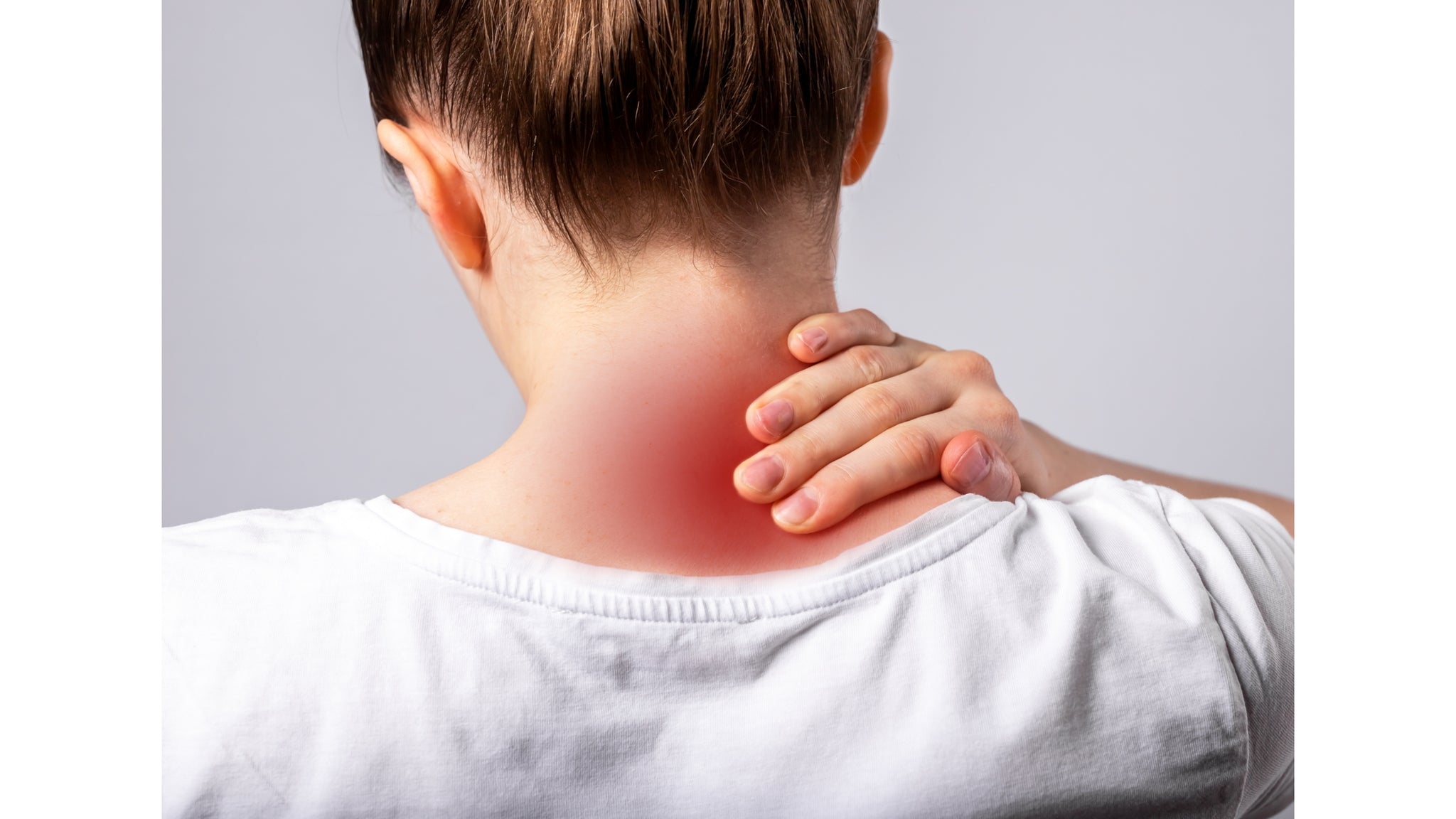
Prana Vata - Vital Life Energy
Prana is the vital life force that energizes what is essential for all life. Prana vata is the inward movement of life force energy coming into our bodies. It’s the inhalation of oxygen, the digestion and assimilation of nutrients, and the perception of sensory input that connects our senses, mind, and body. Prana is directly responsible for life itself as it nourishes the vitality of all our cells.

Understanding the Root Cause of Pain
Ayurveda recognizes eighty disorders that are caused by an aggravated vata dosha. Many of these disorders are responsible for causing pain. According to Ayurveda there are two ways that pain develops from an aggravated vata dosha. Vata dosha is responsible for all bodily movement and circulation, and when an area of the body becomes depleted or obstructed, pain develops.

Vata Dosha Symptoms of Imbalance
Ayurveda recognizes two types of health disorders based on the origin. The exogenous type is caused by forces outside of us, for example infectious disease, insect or reptile bite. The other type is endogenous which is caused by forces within us, which include improper diet and lifestyle, exercise or sleep habits. There are three types of endogenous, they are vataja (disturbed by vata dosha), pittaja (disturbed by pitta dosha), and kaphaja (disturbed by kapha dosha).

Sharad Ritucharya – Selfcare For Fall Season
Ayurveda suggests a simple fundamental principle for maintaining strong health. It is called dinacharya (daily routine) and ritucharya (seasonal routine). When you follow a well-designed daily and seasonal self-care routine suited toward your prakriti (personal constitution) which compensates for the seasonal ups and downs of the doshas, you can maintain good health, strength, and immunity.

Supporting Healthy Vata Dosha
Vata dosha is constantly changing and moving toward imbalance. If we do not follow a proper diet and lifestyle, practice emotional stress relief and adjust to climatic changes, then vata will always increase. This is the root cause of many vata-related symptoms like gas, bloating, constipation, coughing, body pain, insomnia, and female reproductive disorders.

What Is Vata Dosha?
Vata is a Sanskrit word that means “the wind”. Ayurveda says that vata dosha governs all communication and movement, as well as blood flow, breathing, body movements, expression of speech, and regulation of metabolism. It's also the motivating force behind the other two doshas, pitta and kapha, as they are inert by nature.

Healing Tools for Joint Pain
In Ayurveda, there is a joint pain disorder called Sandhigata vata. When vata is aggravated along with the accumulation of toxins, it weakens and degrades the joints and the synovial fluid in the joint capsule is lost. When the synovial fluid is lost there is no lubrication between the bones.

Balance Vata to Relieve Neck Pain
Neck pain is something we’ve probably all experienced it at some point. Most commonly its is caused by strained muscles stemming from poor posture or awkward sleeping positions.

Ayurveda for Healthy Joints
Maintaining the health, functionality and flexibility of the joints takes some basic understanding of anatomy and physiology. This is so we can know how and why our body operates the way it does and when there are problems.

